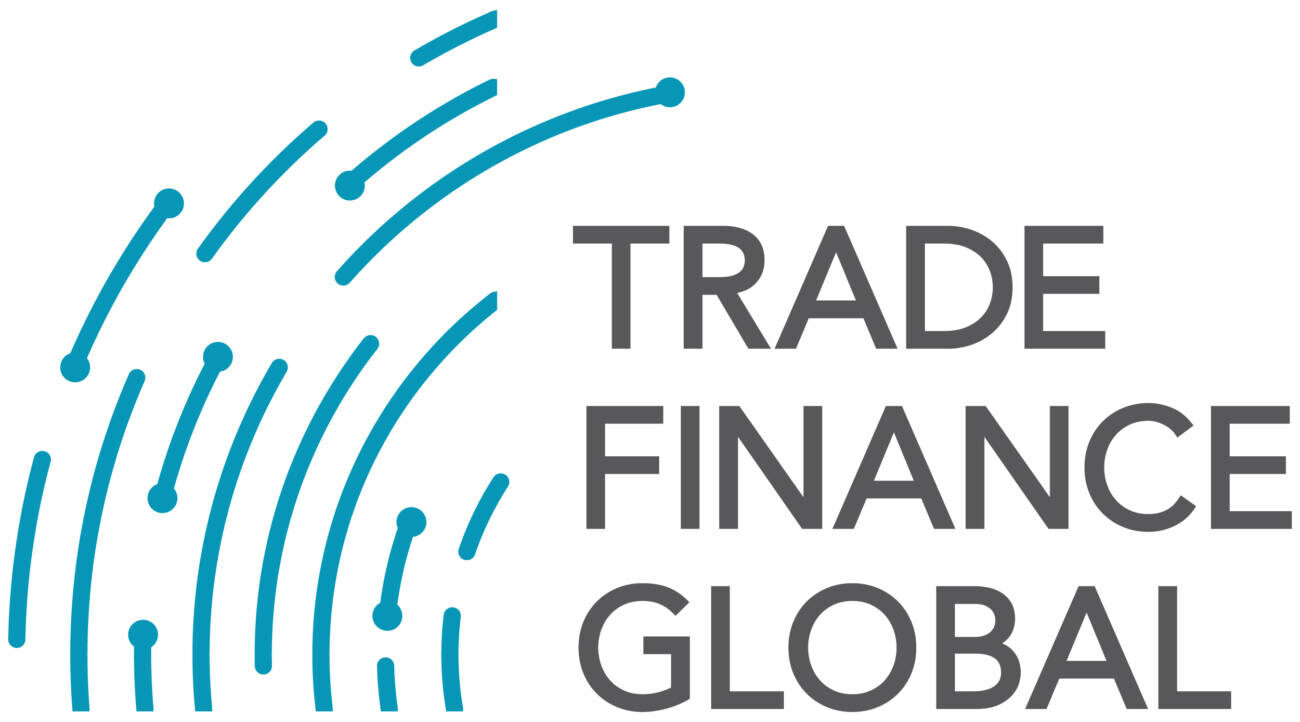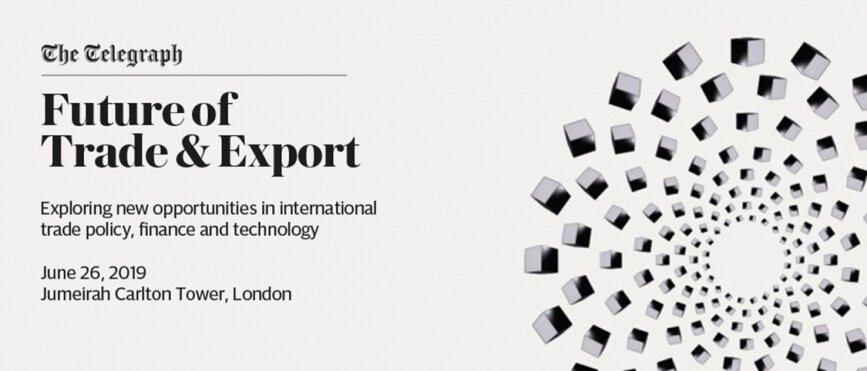[box]
The Telegraph’s ‘Future of Trade and Export’ conference sought to explore ‘new opportunities in international trade policy, finance and technology’. Delegates heard from expert speakers including the likes of: The Rt Hon Liam Fox MP – Secretary of State for International Trade; Dr Alan Wolff – Deputy Director-General at the WTO; Chris Southworth – Secretary General of the ICC United Kingdom; and
Adam Marshall – Director General at the British Chamber of Commerce.
[/box]
TFG attended The Telegraph’s ‘Future of Trade and Export’, an event held at the Jumeirah Carlton Tower, London last week. The conference sought to explore ‘new opportunities in international trade policy, finance and technology’. Inevitable were the conversations around the protracted Brexit and the future of trade. During the conference, the future and present perspectives of the UK trade sector were polarised many times. The agenda for the exploitation of technology and the development of the new generation of talent was postponed by the Brexit reality and trade protectionism quests.
Operating in a New Landscape
Chair of the Conference, Chris Southworth, Secretary-General of the International Chamber of Commerce UK, spoke of Brexit as an opportunity for the UK to grasp a competitive edge in the global trade arena. He argued that technology can enable frictionless trade, which will position the UK as pioneers in the international trade arena.
On the same panel, David Leighton, Group Head of Corporate Affairs and Marketing at Associated British Ports, was more pragmatic and opposed Southworth by suggesting that the UK needs to undertake a more structured approach to Brexit.
Pauline Bastidon, Head of European Policy at the Freight Transport Association, gave an interesting perspective on human capital development in the trade sector. She stressed the alarming need for more skilled customs professionals, irrespective of the technologies adopted for cross-border trade facilitation.
The panel concluded that businesses should better utilize technology and collaborate to drive growth in their exports.
The Future of Trade Facilitation
The keynote address of the conference was related to the changing face of international trade and the future of trade facilitation. Alan Wolff and Dr. Liam Fox both discussed different aspects of these problems.
Dr. Liam Fox, Secretary of State for the Department for International Trade (DIT), gave a keynote speech endorsing the value of free trade. He appreciated the fact that global trade brought out of poverty a billion people in the last three decades. He also warned about the dangers of protectionism and that the UK should continue to be an advocate of free trade, even after Brexit. He outlined the higher budget of the DIT as the main and most important factor for sustainable trade facilitation. He remarked:
“Global Britain cannot be built on a shoestring”
Giving different perspective, Alan Wolff, Deputy Director-General of the WTO, explained how the current WTO rules will govern the Irish border problem; he also warned about the dysfunctionalities in the present legislative frameworks in regards to trade of services and e-commerce.
Global Trends in Trade
Many speakers pointed out that, in fact, Brexit is just a national problem, not a global. Dr. Adam Marshall, DG, British Chamber of Commerce, discussed the interconnectedness of the US-China trade war and the potential dangers for the international economic environment. Another major problem, pointed out during the conference, was the refusal of the US to appoint new members to the WTO’s appellate body.
Adding to this, Mats Persson, Head of International Trade, Economics and Policy Unit at EY (UK & Ireland), outlined the top five trends shaping the global trade landscape:
- changing consumer behaviors;
- the market saturation, and the adoption of new technologies, including blockchain, AI and 3D printing;
- the importance of data connectivity;
- new trade agreements, trade infrastructure projects, and varying tariffs;
- regulatory interventions.
He argued that the businesses can remain competitive by anticipating the regulatory interventions, that are reinforced by emerging consumer trends, particularly around climate change and technology developments.
Blockchain – the future of trade?
The conference preceded with conversations around the successful adoption of the distributed ledger technology (DLT) in the cross-border trade. With so much data generated, DLT presents an ample opportunity to improve the trade process, from enabling more proactive supply chains to better management of regulations and compliance.
Podcast from the ‘Future of Trade & Export’ conference with Michel Boguslavsky, head of AI Tredateq
Deepesh Patel, Director, Partnerships & Marketing, Trade Finance Global (TFG), presented the ways in which DLT and blockchain can revolutionize international trade. He looked at concrete examples of trade digitalization. Explaining the Gartner Hype Cycle, he presented the current position of DLT developments for trade and shipping. He also discussed the importance of Consortia as a way for businesses to collaborate on the use of blockchain and DLT technology. He remarked:
“Decision-makers, investors and industry experts need to devote substantial time and resources to developing DLT for the trade space, despite the media facilitated fog of disillusionment that will come. The technology is here and the industry is ready but only the people within can determine how the future will work.”
Trade Finance Global were media partners at the Conference. Silver sponsors were ABP and EY and Associate Sponsors were Baker McKenzie and Gowling WLG.

